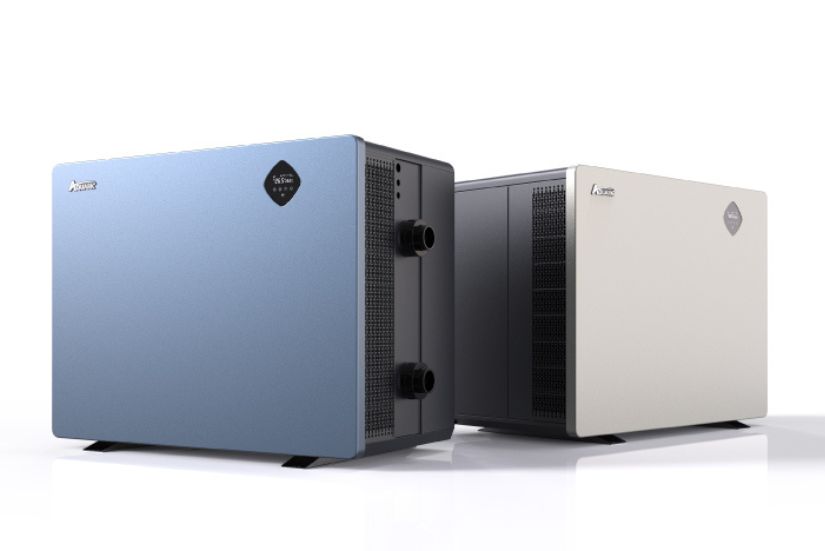At Hydrocare, we know that owning a swimming pool can be a fantastic luxury, but without an effective heating system, your pool’s usage may be limited to the warmest days of the year. That’s why we’re passionate about helping you find the perfect heating solution to maximise comfort and extend your pool’s usability throughout the seasons.
With so many options available—from gas heaters and heat pumps to solar-powered systems—we understand how overwhelming it can be to decide what’s best for your pool. Each system has its own set of benefits, costs, and limitations, and we take pride in guiding you through the process to ensure you find the option that fits your pool size, budget, and energy-efficiency goals.
In this guide, we’ll walk you through the different types of pool heating systems we work with, sharing the pros and cons of each. Whether you’re looking to heat your pool year-round or extend the season for a few extra months, Hydrocare is here to help you make an informed decision with confidence.
Types of swimming pool heating systems
Gas boiler
How gas pool heaters work
Gas pool heaters employ a highly efficient process of combusting natural gas or propane to heat your swimming pool’s water. This method is a staple in swimming pool heating systems, and if quick heating is a priority for you, a gas pool heater might be the perfect solution.
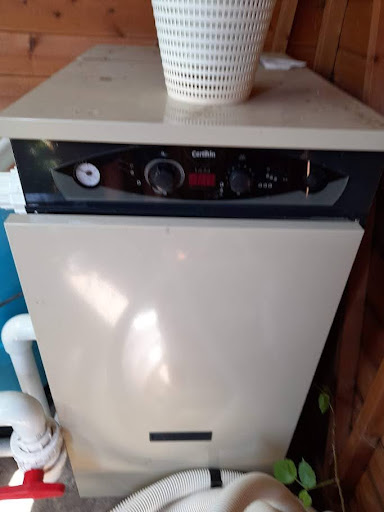
Pros
One significant advantage of using gas boilers to heat your swimming pool is their ability to heat water quickly, regardless of the weather conditions. Here are some key benefits:
- Efficient for short heating periods.
- Rapid heating time.
- Effective in any climate.
- Ideal for on-demand use.
Cons
While gas boilers can quickly heat your swimming pool, they have downsides.
- They’re less energy-efficient than other heating systems.
- Operating a gas boiler can be quite costly.
- They burn fuel faster, which isn’t ideal for energy conservation or your wallet.
Cost considerations
When evaluating a gas boiler for your swimming pool, it’s crucial to consider the financial aspects. While the initial installation costs can be substantial, and ongoing fuel expenses may fluctuate with gas prices, regular maintenance is necessary to ensure efficiency. However, a well-maintained gas boiler can have a long lifespan, potentially justifying the upfront investment over time by providing reliable and efficient pool heating.
Heat pump
How heat pumps work
Heat pumps offer an eco-friendly and efficient method for warming swimming pools. They use air or ground to generate heat energy. There are two types: an air-source heat pump and a ground-source heat pump. Air-source pumps draw warmth from the atmosphere, while ground-source versions tap into underground heat. This simple yet effective process ensures your pool stays comfortably warm with minimal effort, providing a hassle-free heating solution.
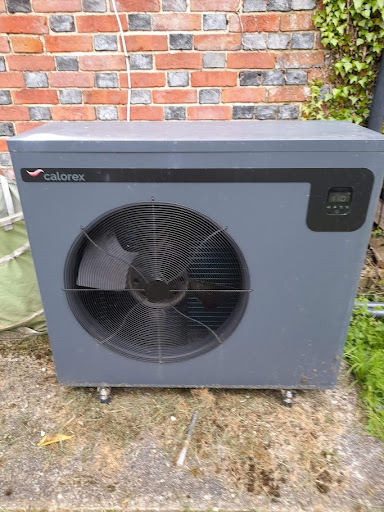
Pros
Heat pumps offer significant advantages as a swimming pool heating system, delivering high efficiency and eco-friendliness.
- They can generate up to five units of heat for every unit of electricity used.
- They’re ideal for year-round use in the UK, especially ground-source models that excel in cooler temperatures.
- They’re environmentally friendly, particularly when integrated with renewable energy sources.
Cons
While heat pumps are highly efficient and eco-friendly, they come with their own set of drawbacks. Here are the main concerns:
- Higher upfront costs due to excavation for ground-source models.
- Reduced efficiency in cold weather, especially for air-source types.
- Dependence on external temperatures.
Cost considerations
When considering installing a pool heat pump system, it’s essential to weigh the cost implications. Air-source heat pumps have moderate installation costs, while ground-source options are pricier. However, thanks to their high energy efficiency, you’ll see significant long-term savings. Maintenance costs are generally low, although occasional professional servicing is needed to maintain peak performance. At Hydrocare, we offer regular servicing to keep your pool in the best condition.
Solar pool heaters
How solar pool heaters work
Solar pool heaters offer an economical way to extend your swimming season by harnessing the sun’s energy. These systems use solar panels to collect and absorb sunlight, then transfer the resulting heat directly to your pool water. While solar heaters are incredibly effective, we often recommend pairing them with another heating system for even greater efficiency. This eco-friendly setup efficiently channels solar energy into warming your swimming area, providing a cost-effective solution for pool owners looking to enjoy their pools for longer periods.
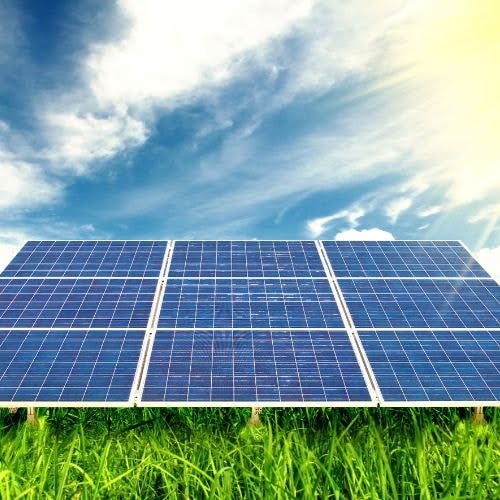
Pros
Considering the environmental benefits, solar pool heaters are a top choice for heating your swimming pool.
- They harness renewable energy, drastically reducing your carbon footprint. Eco-conscious people will find these systems particularly appealing.
- They boast extremely low running costs, making them a cost-effective option in the long run. It’s a smart move for both your wallet and the planet.
Cons
While solar pool heaters offer significant environmental and cost benefits, they come with some drawbacks worth considering.
- Weather dependency: Limited functionality in the UK’s often cloudy, colder months.
- Slow heating: It takes longer to warm up your pool.
- Seasonal use: Not practical for heating year-round.
- Inconsistency: Performance varies with daily and seasonal sun exposure.
Cost considerations
Investing in a solar pool heating system involves a significant upfront cost. You’ll need to budget for the high initial price of solar panels. However, operational costs will be minimal once the system is up and running.
This makes solar heaters an economically smart choice in the long run, especially if you’re keen on reducing your ongoing expenses for heating your pool.
Key factors to consider when choosing a system
Climate and location
The climate and your location are pivotal when selecting the appropriate swimming pool heating system. In the UK, you’ve got a few critical factors to contemplate:
- Mild Summers: A less intensive heating system might suffice during these warmer months.
- Cold Winters: You’ll need a robust system to handle the chill effectively.
- Limited Sunlight: Solar heating options might be less feasible, particularly in northern areas.
- Seasonal Variations: Energy consumption can spike in colder seasons, so choose a system that balances efficiency and cost throughout the year.
Pool size and usage
It is essential to understand how pool size and frequency of use impact your choice of heating system. If you have a large pool, you’ll likely need a more powerful system, such as gas heaters or high-efficiency pool heat pumps, to handle the increased volume of water efficiently.
The frequency you plan to use your pool also plays a significant role. A less intensive system might suffice if you’re only dipping in seasonally. However, for regular swimmers, investing in a robust system guarantees your pool remains welcoming regardless of the chill in the air. At Hydrocare, our professional team will help you assess which system is right for your pool.
Energy efficiency
It’s equally important to consider energy efficiency when selecting a heating system. Here are four key factors to weigh:
- Energy Consumption Levels: Assess each system’s energy consumption. Systems with lower operating energy needs can save you money long-term despite potentially higher initial costs.
- Rising Energy Prices in the UK: As energy prices climb, choosing energy-efficient systems becomes essential to managing future costs effectively.
- Carbon Emissions: Consider the environmental impact. Electric and solar systems emit lower carbon emissions than gas options.
- Government Incentives: Explore incentives available for energy-efficient investments which can offset initial expenses and promote greener choices.
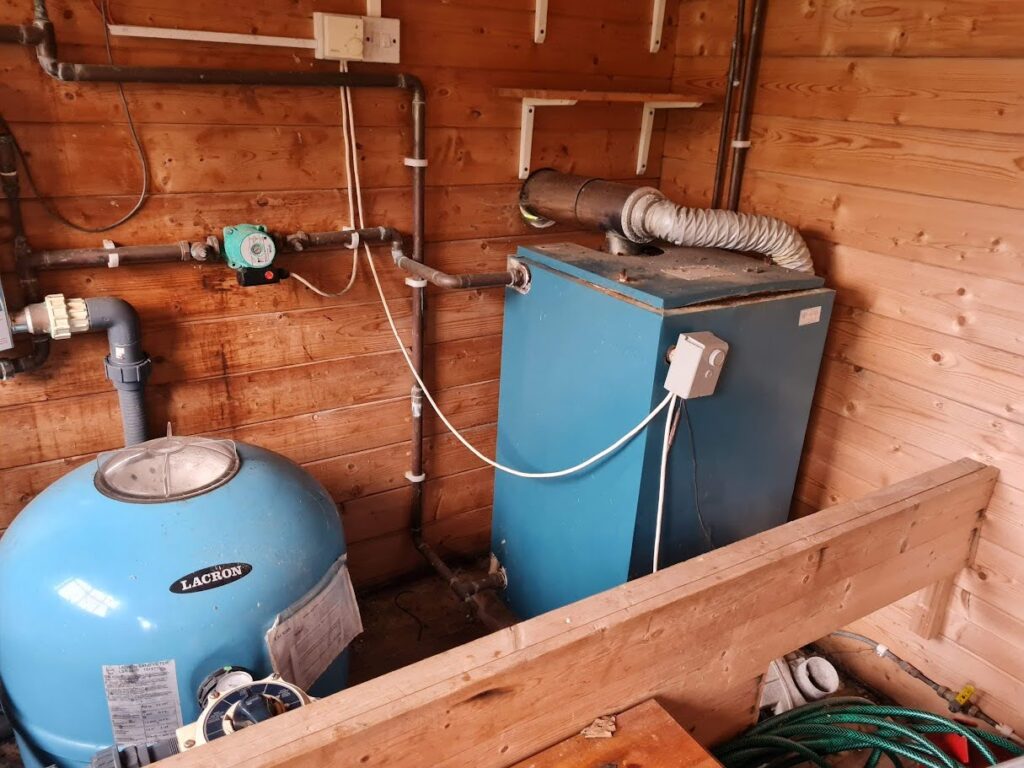
Installation and maintenance costs
When selecting a swimming pool heating system, consider the initial installation costs, which include the infrastructure, piping, and labour involved in setting up the system. Also, don’t overlook the maintenance requirements, as they significantly impact long-term expenses. Regular upkeep guarantees your system runs efficiently and prevents costly repairs. We’d recommend to also think about investing in a pool cover. Initially, it might seem like an extra expense, but it’s vital for retaining heat and reducing overall heating costs.
Why choose Hydrocare for your pool heating needs?
At Hydrocare, we bring over 25 years of unparalleled expertise in pool heating across Sussex and Surrey, making us the trusted choice for swimming pool owners. Our team is committed to delivering tailored advice and heating solutions that perfectly match the unique requirements of your pool.
We most often fit heat pumps as our primary pool heating option due to their superior efficiency, environmental benefits, and cost-effectiveness over time. Their use of ambient air to efficiently warm pool water, makes them a smart, sustainable choice for modern pool owners.
In addition to heat pumps, we provide expert guidance on alternative heating systems such as gas boilers and solar heating, ensuring you have access to the best options. Contact Hydrocare Leisure today to discover how we can transform your pool experience with the perfect heating solution.
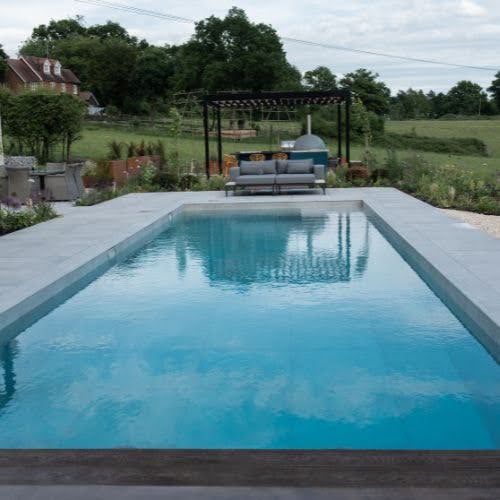
Frequently asked questions
What is the average lifespan of a pool heater?
A pool heater’s average lifespan is about 10 to 15 years. However, it can vary based on maintenance, usage, and the type of heater you’ve installed.
Are pool heating systems safe for saltwater pools?
Yes, most pool heating systems are safe for saltwater pools, but you’ll need to choose corrosion-resistant models specifically designed for saltwater use to guarantee longevity and effective performance.
How does weather affect pool heating efficiency?
Weather significantly impacts your pool’s heating efficiency. Cold, cloudy days reduce heat retention, while warm, sunny conditions enhance it. You’ll notice higher energy usage in cooler weather to maintain desired temperatures.
Can I install a pool heating system myself?
You can install a pool heating system yourself if you’re handy and understand the technical requirements. However, hiring a professional is usually best to ensure it’s done safely and correctly.


